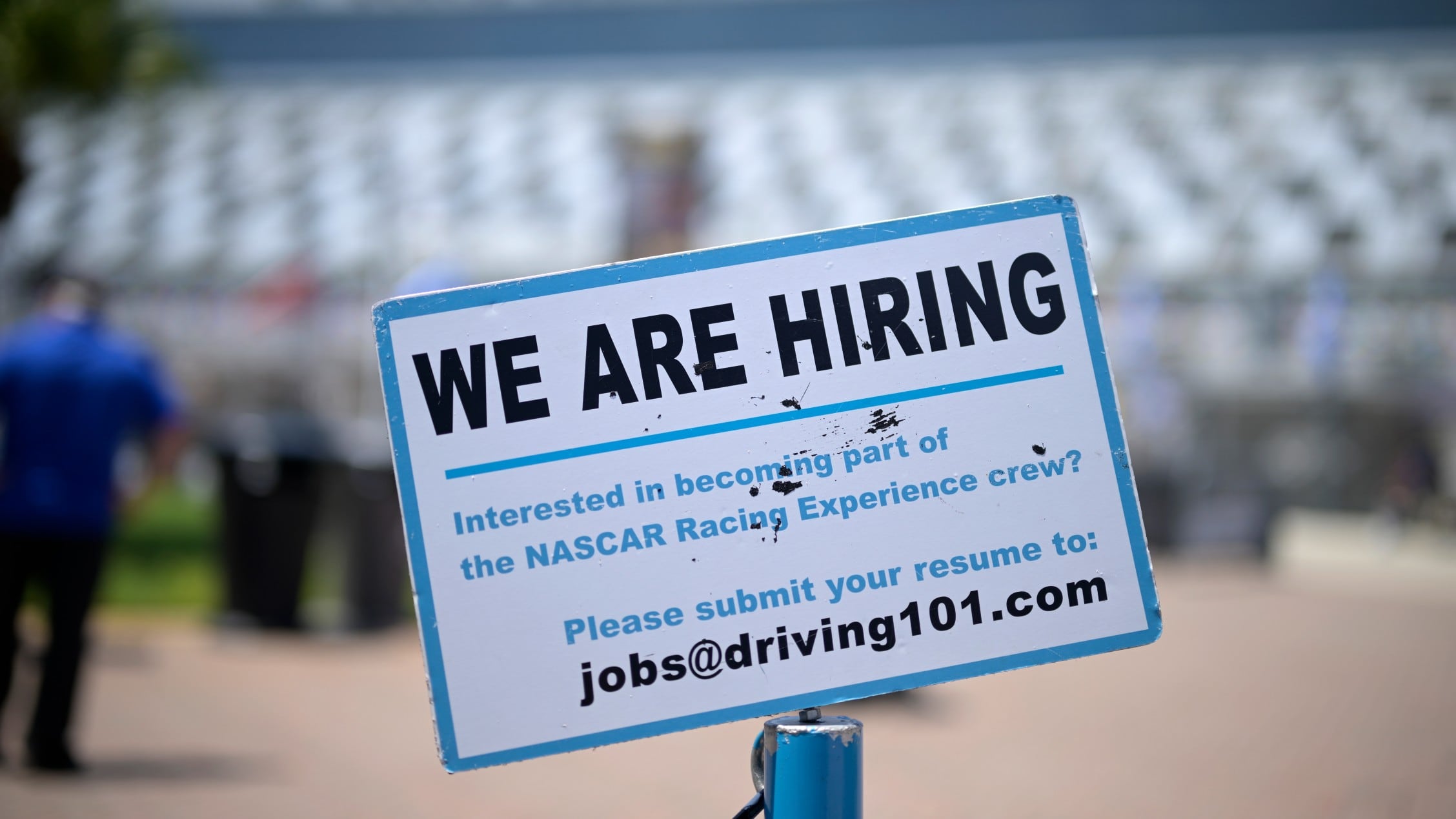By Paul Wiseman
The nation's employers added 187,000 jobs in August, evidence of a slowing but still-resilient labor market despite the high interest rates the Federal Reserve has imposed.
The job growth marked an increase from July's revised gain of 157,000 but still pointed to a moderating pace of hiring compared with earlier this year. From June through August, the economy added 449,000 jobs, the lowest three-month total in three years.
Friday's report from the Labor Department showed that the unemployment rate rose from 3.5% to 3.8%, the highest level since February 2022 though still low by historical standards. But the rate rose for an encouraging reason: A sizable number of people — 736,000 — began looking for work last month, the most since January, and not all of them found jobs right away. Only people who are actively looking for a job are counted as unemployed.
Indeed, the proportion of Americans who either have a job or are looking for one rose in August to 62.8%, the highest level since the February 2020, before COVID-19 slammed into the U.S. economy.
The August jobs report also showed that wage gains are easing, a trend that may help signal to the Fed that inflation pressures are cooling: Average hourly wages rose 0.2% from July to August and are up 4.3% from August 2022. The year-over-year increase was down from 4.4% in both July and June.
In addition to reporting August job growth, the Labor Department on Friday revised down the gains for June and July by a combined 110,000. A decelerating job market could help shift the economy into a slower gear and reassure the Fed that inflation will continue to decelerate. The Fed’s streak of 11 interest rate hikes have helped slow inflation from a peak of 9.1% last year to 3.2% now. Given signs that inflation has continued to ease, many economists think the Fed may decide no further rate hikes are necessary.
The Fed wants to see hiring slow because intense demand for labor tends to inflate wages and feed inflation. The central bank hopes to achieve a rare “soft landing,” in which its rate hikes would manage to slow hiring, borrowing and spending enough to curb high inflation without causing a deep recession.
Optimism about a soft landing has been growing. The economy, though growing more slowly than it did in the boom that followed the pandemic recession of 2020, has defied the squeeze of increasingly high borrowing costs. The gross domestic product — the economy’s total output of goods and services — rose at a respectable 2.1% annual rate from April to June. Consumers continued to spend, and businesses increased their investments.
The Fed wants to see hiring decelerate because strong demand for workers tends to inflate wages and feed inflation.
So far, the job market has been cooling in the least painful way possible — with few layoffs. The Labor Department reported Thursday that the number of Americans applying for unemployment benefits — a proxy for job cuts — fell for a third straight week.
Instead of slashing jobs, companies are posting fewer openings — 8.8 million in July, the fewest since March 2021. And American workers are less likely to leave their jobs in search of better pay, benefits and working conditions elsewhere: 3.5 million people quit their jobs in July, the fewest since February 2021. A lower pace of quits tends to ease pressure on companies to raise pay to keep their existing employees or to attract new ones.
Economists and financial market analysts increasingly think the Fed may be done raising interest rates: Nearly nine in 10 analysts surveyed by the CME Group expect the Fed to leave rates unchanged at its next meeting, Sept. 19-20.
Despite what appears to be a clear trend toward slower hiring, Friday’s jobs report could get complicated. The reopening of school can cause problems for the Labor Department’s attempts to adjust hiring numbers for seasonal fluctuations: Many teachers are leaving temporary summer jobs to return to the classroom.
And the shutdown of the big trucking firm Yellow and the strike by Hollywood actors and writers are thought to have kept a lid on August job growth.













